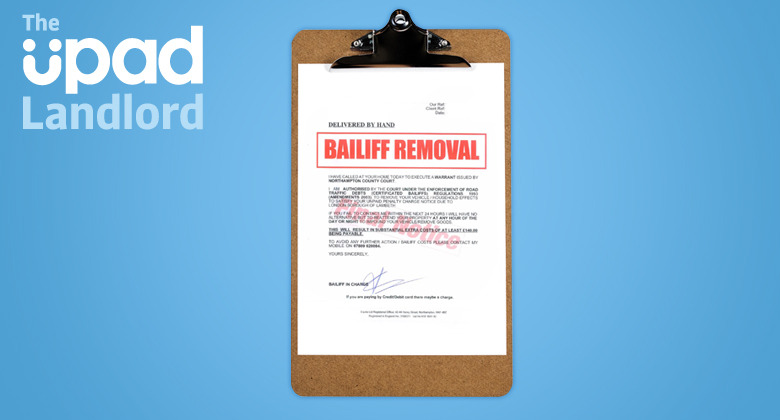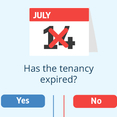Are Landlords Responsible for Tenants' Unpaid Bills?
This blog was inspired by a distressing phone call I received from a tenant to say that bailiffs had turned up at my flat to seize goods worth several hundred pounds because the previous tenant hadn’t paid her council tax.

This threw me into a panic. I was sure I had told the council there had been a change of tenancy and I thought I’d checked that the last tenant had paid her council tax and utility bills after she’d left, but had I made a mistake and, if so, was I liable for this unpaid bill of nearly £500?
If so, did the bailiffs have the power to force their way into my property and cart away my furniture? Worse still, could they take the new tenant’s belongings too?
Fortunately, I discovered that the answer to all of the above was NO!
Landlords are not responsible for tenants’ unpaid council tax and utility bills as long as they follow these steps:
- Inform the council tax department when there is a change of tenancy and give them the name of the new tenant and, if possible, contact details for the outgoing tenant.
- Inform water, gas and electricity providers of a change of tenancy and provide meter reading for the end of the previous tenancy and the start of the new tenancy, where applicable.
- Make sure you have a clause in your tenancy agreement making it clear the tenant is responsible for council tax and utility bills.
- Keep a signed copy of the tenancy agreement on file in case of any dispute.
As long as you remember to follow the steps above, you won’t have to worry if a tenant runs off without paying for their water or their gas or electricity and the council can’t pursue you for unpaid tax.
However, the council told me that when it appoints bailiffs they will always go to the last known address for a tenant to attempt to recover the debt, so even if you do all the right things, there’s no guarantee you won’t get a bunch of heavies knocking on the door of your rental.
However, bailiffs must ensure the person named on the enforcement notice is still living in the property before removing any belongings.
Also, they can’t barge their way or smash down doors in unless they are chasing an unpaid magistrate’s court fine or they have been given a court order allowing them to use ‘reasonable force’ to enter the property to collect debts owed to HMRC. Even then, they can’t push anyone out of the way and simply stride in.
So, if you get a call from a tenant saying there are bailiffs on the doorstep chasing money owed by a previous resident, the best advice is to tell the tenant not to let them in but to ask for a copy of the enforcement notice so you can find out who owes what and inform the relevant organisation that the debtor has moved on.
Annoyingly, in my case the council had overlooked my previous tenant’s last payment so she didn’t actually owe them a penny after all!









